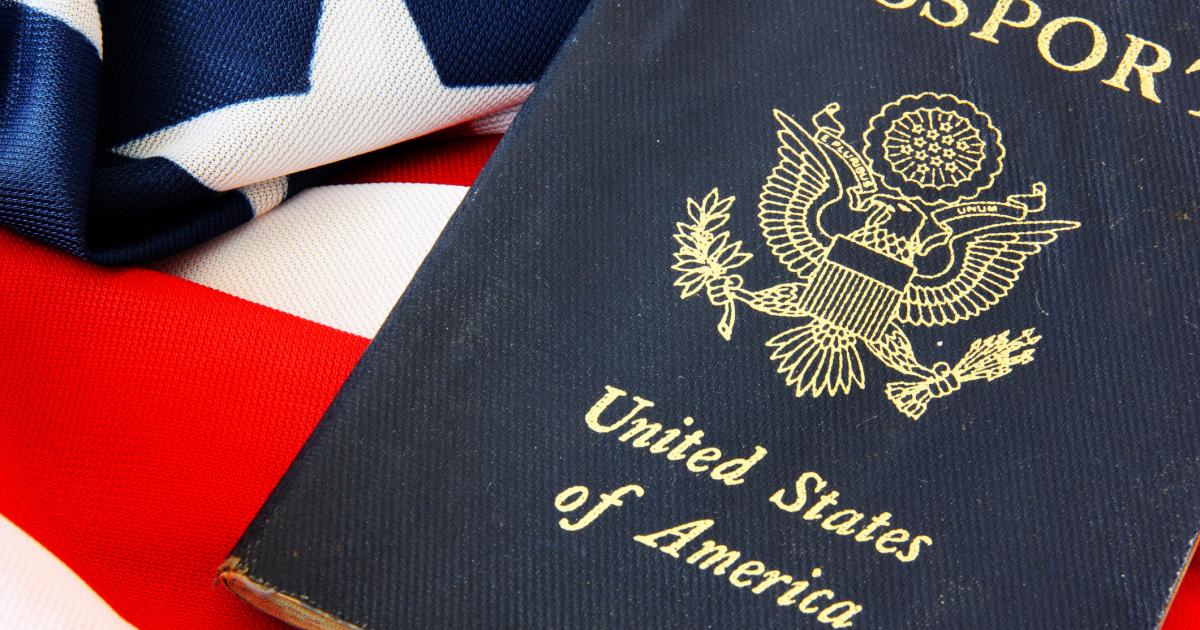.
.
The history of the Amendment makes it clear that the intention was that Visitors are subject to our laws and policies but not under our jurisdiction as to allegiance.
A very good argument is made here:
". . .The Fourteenth Amendment’s citizenship clause differed from the common law rule in that it required owing complete allegiance only to the United States in advance rather than automatically bestowed by place of birth, i.e., only children born to parents who owed no foreign allegiance were to be citizens of the United States – that is to say – not only must a child be born but born within the complete allegiance of the United States politically and not merely within its limits. Under the common law rule it did not matter if one was born within the allegiance of another nation.
Under Sec. 1992 of U.S. Revised Statutes the same Congress who had adopted the Fourteenth Amendment had enacted into law, confirmed this principle: “All persons born in the United States and not subject to any foreign power, excluding Indians not taxed, are declared to be citizens of the United States.”
Who are the subjects of a foreign power? Thomas Jefferson said “Aliens are the subjects of a foreign power.” Thus, the statute can be read as All persons born in the United States who are not alien, excluding Indians not taxed, are declared to be citizens of the United States.
Sen. Trumbull stated during the drafting of the above national birthright law debates that it was the goal to “make citizens of everybody born in the United States who owe allegiance to the United States,” and if “the negro or white man belonged to a foreign Government he would not be a citizen.” . . ."
I hope hope hope those arguing against birthright for aliens know this history and use it in their arguments.

